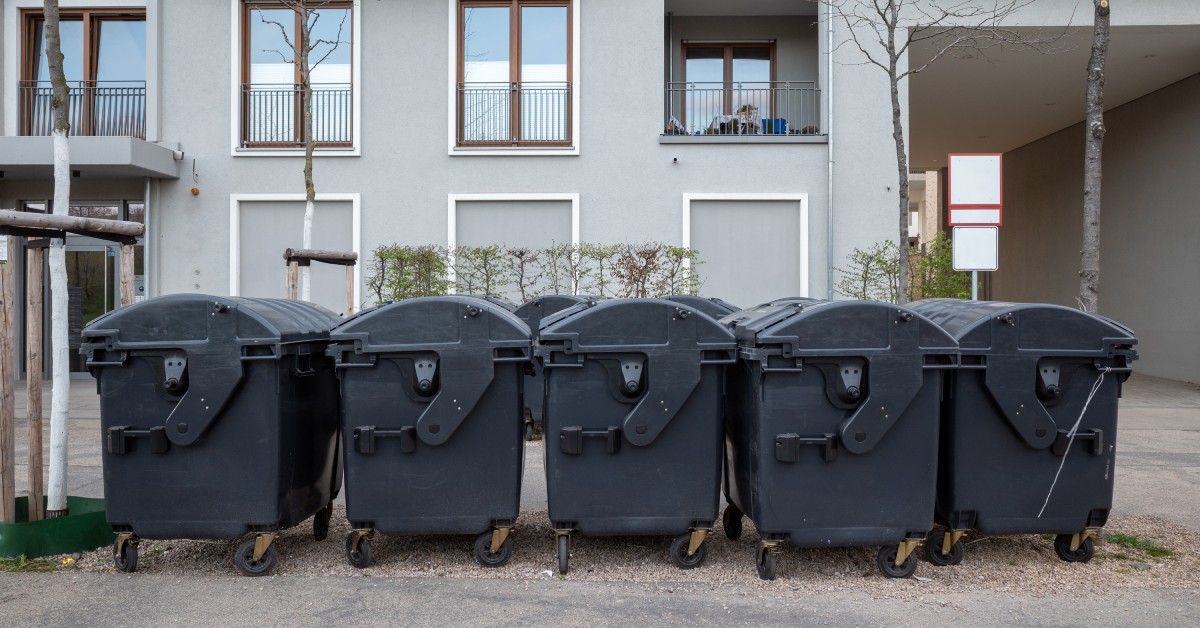
Effective waste management is not just a matter of convenience; it also has significant environmental, economic, and social implications. With the continuous growth of urban areas and the increasing demand for residential spaces, the volume of waste generated by these buildings has increased dramatically.
As waste disposal fees escalate, residents and property managers face the need to develop sustainable practices that reduce costs and contribute positively to the environment. By lowering the waste bill of residential buildings with these waste management strategies, we can create cleaner, safer, and more sustainable living environments.
Understanding the Composition of Waste
Before implementing any waste reduction strategies, you should first understand what constitutes the waste generated in residential buildings. It’s simple to categorize trash into organic waste, recyclables, and landfill items. Conducting a waste audit can help in identifying the predominant types of waste produced. The information from this analysis enables property managers to set realistic goals for reducing waste generation.
Implementing a Recycling Program
An effective recycling program is a critical component of waste reduction in residential buildings. Marking bins for different recyclables can encourage residents to separate their waste. It is also vital to educate your residents about the recycling guidelines in the area, as misconceptions can lead to contamination of recyclable materials and increased disposal costs. Informational sessions and pamphlets can engage residents and promote a culture of recycling.
Optimizing Waste Collection Services
The way a waste collection service gathers and disposes of waste can influence the overall costs associated with waste management. Property managers should review their waste contracts and consider options such as a commercial trash compactor rental. Compactors can reduce the volume of waste, allowing for fewer pickups and lower disposal costs. Consolidating waste collection times can also optimize the efficiency of the service.
Composting Efforts
Organic waste makes up a significant portion of residential waste. You can encourage residents to keep this type of waste out of landfills through composting. By providing compost bins and clear instructions on how and what to compost, property managers can facilitate waste sorting. The resulting compost can be beneficial for landscaping or gardening efforts within the property, contributing to a more sustainable environment and further reducing waste disposal costs.
Encouraging Resident Participation
An effective waste reduction strategy involves the active participation of residents. Including them in waste reduction initiatives not only fosters a sense of community but also cultivates a shared responsibility for the environment. Utilizing newsletters, social media, and community boards to share waste reduction goals and progress can motivate residents to take action. Organizing community clean-up days or competitions focused on waste reduction can also ignite interest and commitment.
Lowering the waste bill of residential buildings requires a strategic approach that combines education, effective programs, and collective resident participation. Embracing these initiatives will lead to a healthier environment and a more cost-effective waste management process.


